Earfun Air Pro 4 vs Earfun Air Pro 3: comparing the two cheap earbuds
Comparing two generations of budget earbuds
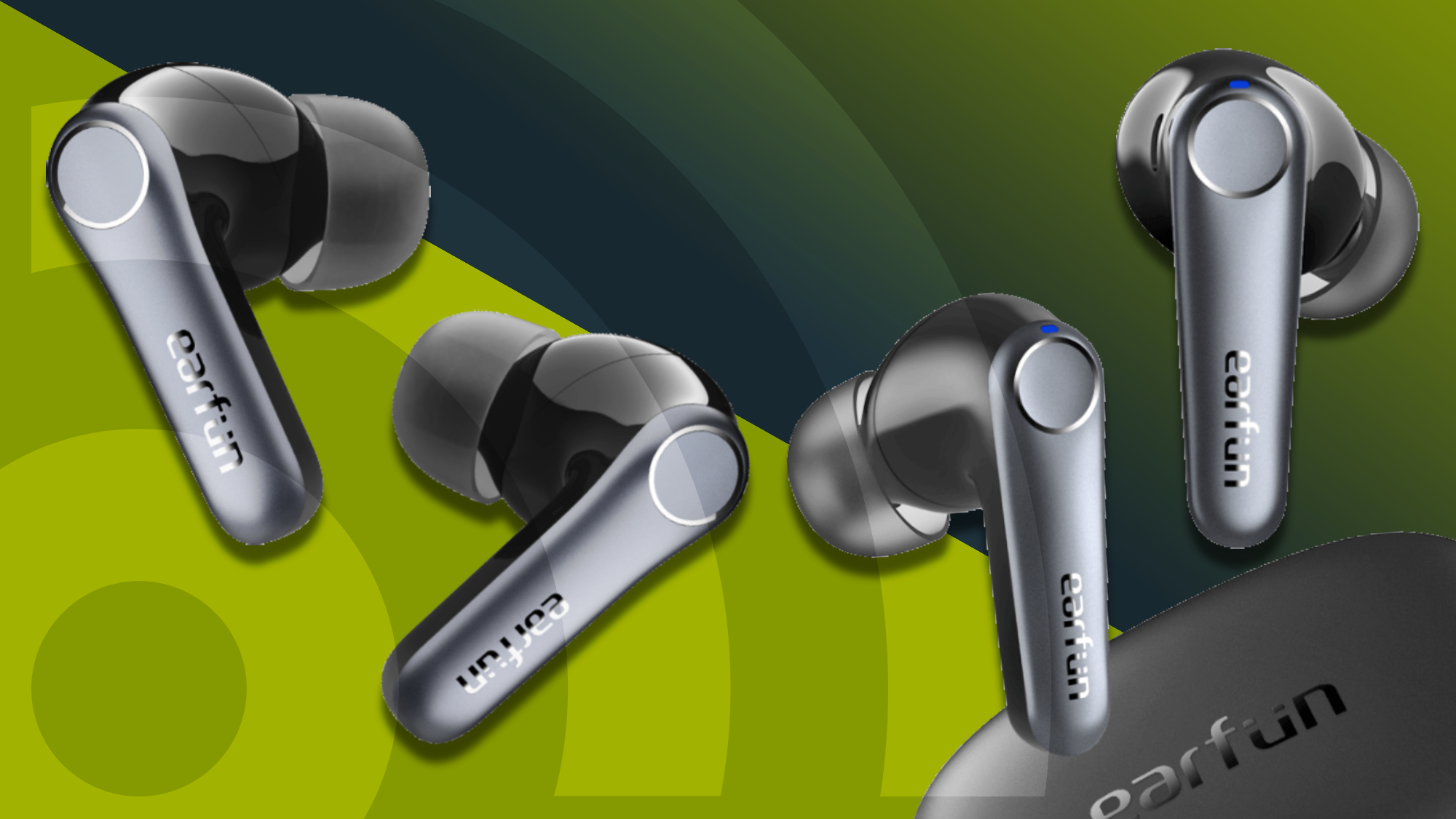
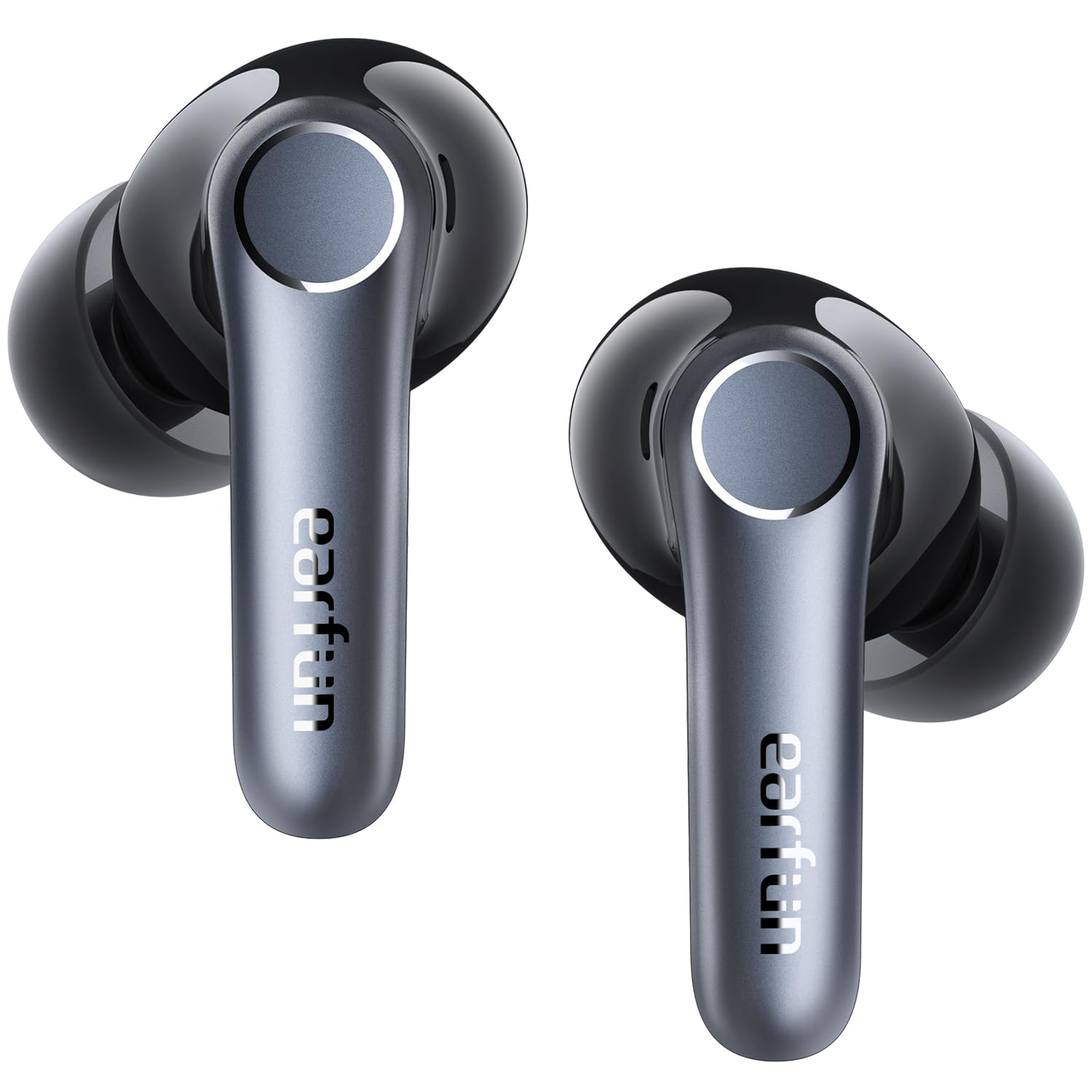
Battery (buds): 11 hours (buds) 52 hours (case)
Weight (bud): 5g (buds) 56g (case)
Noise cancellation: Yes
Spatial audio: No
Water resistance: IPX5
Earfun's 2024 version of the Air Pro earbuds offer you bang for your buck, with the low-cost earbuds having decent audio and a wide feature set for your money. In fact, that feature set is a little too wide, with some confusing overlapping ANC and equalizer modes. The Air Pro 4 also bring a range of upgrades over their predecessor.
For
- Good value for money
- Lightweight case
- Decent battery life
Against
- Confusing noise cancellation options
- Too many EQ presets
- Some audio peaking
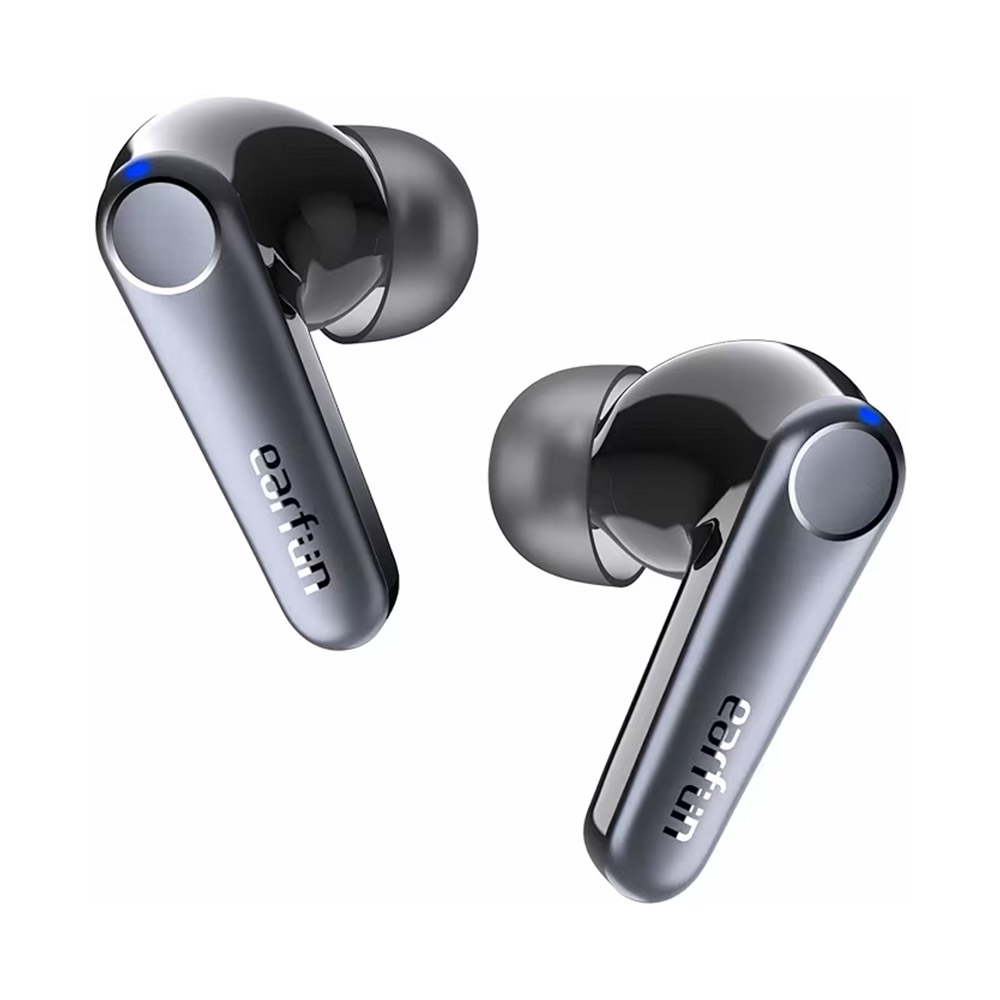
Battery (buds): 9 hours (buds) 45 hours (case)
Weight (bud): 5g (buds) 52g (case)
Noise cancellation: Yes
Spatial audio: No
Water resistance: IPX5
The older Air Pro models that Earfun released in 2023 were good value for their time, and that's doubly the case now that they've seen a year's extra discounts over the newer models. Some rough edges were fixed with the newer model, including ANC and equalizer issues, but these are still good value.
For
- Great all-rounders
- Excellent battery life
- Solid noise cancellation
Against
- No wearing detection
- Sound is fun but not fantastic
- Stem design not for everyone
One of the most prolific makers of good-quality cheap earbuds is Earfun, a Chinese company that has become a go-to brand for people who are on a limited budget and want reliable earbuds or headphones.
Its newest pair of buds is the Earfun Air Pro 4, which are among its more premium in terms of price (not that that says much compared to the AirPods and Galaxy Buds of the world!). These mid-2024 buds replace the Earfun Air Pro 3, released a year prior.
Both of these budget earbuds received good reviews from us, and the newer Earfuns bring upgrades across the board that make them a more tempting buy. But as newer tech, they cost more than the Pro 3 which have seen a year of price cuts.
So if you’re on the market for a new pair of cheap earbuds, should you pick up the Earfun Air Pro 4 or Air Pro 3 – ie. the ones on the left (Pro 4) or the right (Pro 3), in the image above (we know, they look very similar)? We’ll compare the two models so you can decide which is best for you.
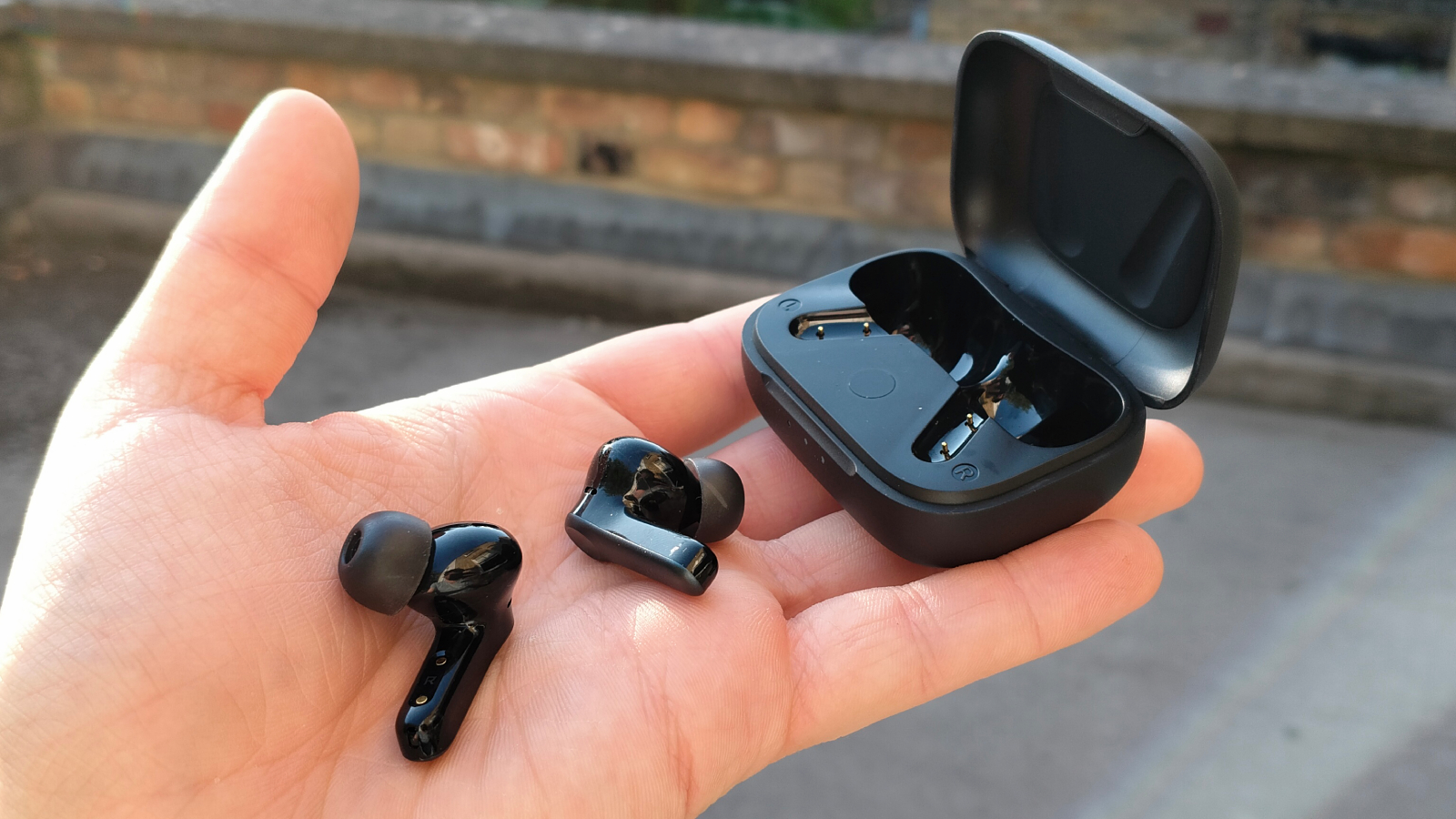
Earfun Air Pro 4 vs Air Pro 3: price, release date, availability
The Earfun Air Pro 3 were released in January 2023, and the Pro 4 were released 18 months later to replace them, in July 2024. Earfun ranges its buds in a few countries via its website, but there’s also a global option that lets you import them to other countries.
On paper, the Earfun Air Pro 4 are the cheapest of the two buds: they are available for $89.99 / £79.99 (roughly AU$140), which $10 / £20 less than the $99 / £99 (roughly AU$170) launch price of the Air Pro 3.
That easy financial summary is comparing the two products’ launch prices, but as you probably know tech doesn’t always maintain a consistent price, and due to being a year older than its successor, the Earfun Air Pro 3 has seen its fair share of discounts and price cuts.
Get daily insight, inspiration and deals in your inbox
Sign up for breaking news, reviews, opinion, top tech deals, and more.
On Earfun’s website, the Air Pro 3 was reduced pretty soon after release, to the same price that the Air Pro 4 later released for. During the sales you can find it even cheaper, so it’s fair to consider it the more affordable of the two earbuds.
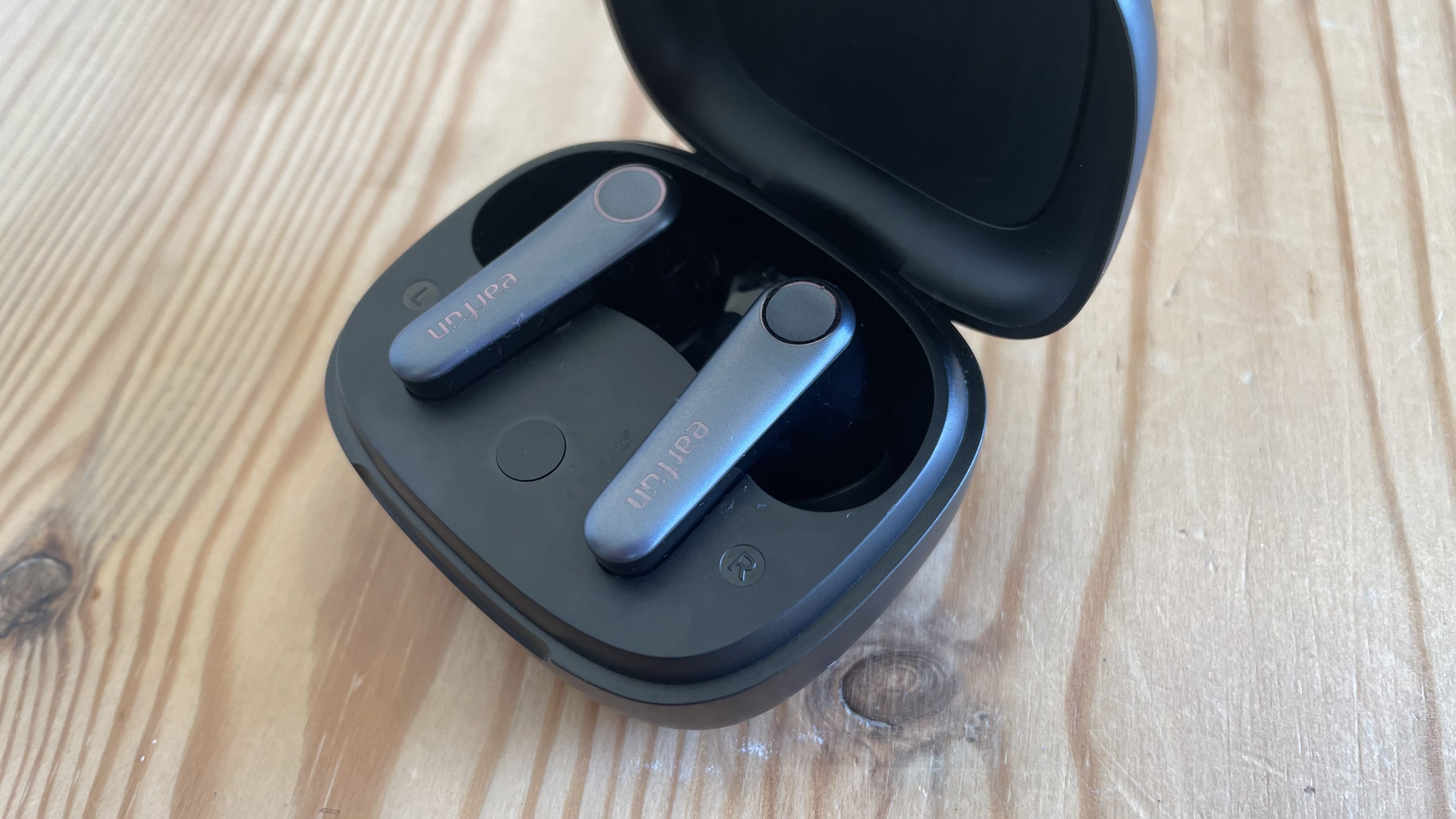
Earfun Air Pro 4 vs Air Pro 3: features
We’re going to start with the feature set, so we can look at a few actual differences between the Earfun Air Pro 3 and Air Pro 4 before some of the later, more similar areas.
Both earbuds work alongside Earfun’s smartphone app, which brings a few extra features to the mix, although mostly it’s for toggling some features and settings like what the bud touch controls do.
One popular feature is the presence of an equalizer, so you can customize the sound profile of your music. Our Air Pro 3 reviewer found the presets on this pretty imperceptible, but the Pro 4 brings a longer list of presets that have more dramatic effects on the sound. You can also customize the sound profile yourself, if you know your way around an EQ.
Another point in the Pro 4’s favor is that it offers wear detection, so that when you remove a bud your music is automatically paused. You can toggle this off, but Pro 3 owners can only experience this ‘off’ setting since the buds don’t offer wear detection. Both have multipoint pairing, so you can connect them to multiple devices at once and jump between them at ease.
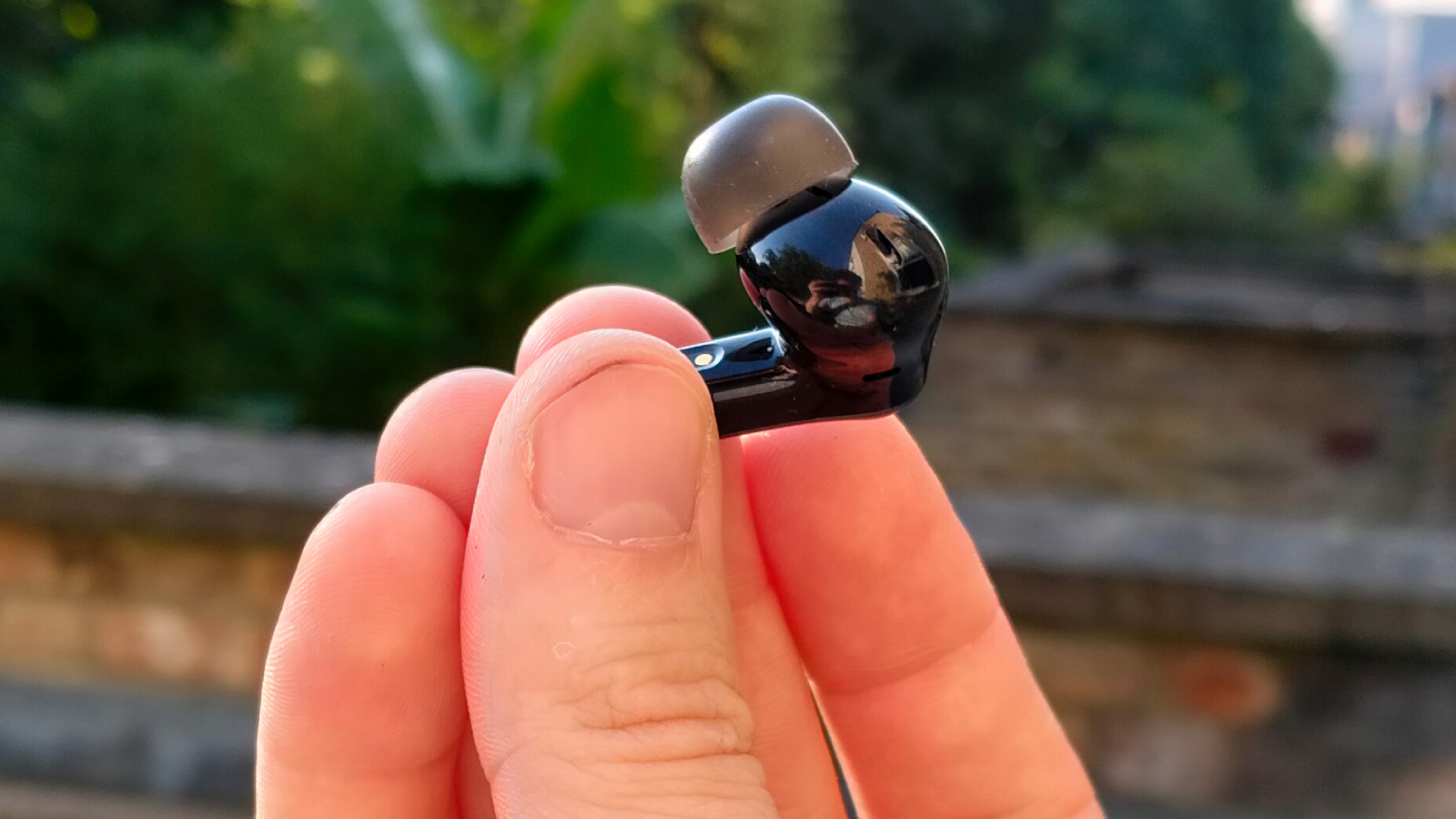
Earfun Air Pro 4 vs Air Pro 3 audio performance
If you’re paying less than $100 / £100 for some earbuds, you’ve got to limit your expectations a little bit, but both sound decent for the price.
Both buds have a focus on bassy sounds over higher-pitched ones, so they’ll suit people who like a fun energetic sound rather than neutral sonic perfection. You can change that to a certain extent with the equalizer but bass will always be the focus.
As you can imagine for cheap buds, they can get a little tinny if you push the volume too high, but ‘too high’ is definitely above comfortable listening volume, so it’s not a huge issue.
The Air Pro 3 has slightly more impressive specs on paper, with its 11mm driver slipping above the 10mm one in the Pro 4. That’s balanced out by the Pro 4 having an upgraded Bluetooth supported at 5.4 over the Pro 3’s 5.3, and its support for LDAC which the Pro 3 doesn’t.
An important feature on many peoples’ check-lists is ANC, or Active Noise Cancellation who’ve gotten this far into the article without knowing what that initialism means. This tech, which blocks out background sounds when you’ve got the earbuds in, is present in all but the cheapest earbuds these days, and varies a lot in intensity and competency from bud to bud.
The Air Pro 3 has decent noise cancellation, that can dampen noises around you but won’t eradicate them entirely. It’s better on the Air Pro 4, with the buds boasting a better ability to remove surrounding sound, even if they complicate matters a bit too much.
The Earfun Air Pro 4 has a whopping seven different ANC modes, for different settings and situations, and it can be quite a faff to keep returning to the Earfun app to turn the right one on. It can be hard even telling the differences between some of the modes! If you’re not hugely tech-savvy, this might be more trouble than it’s worth.
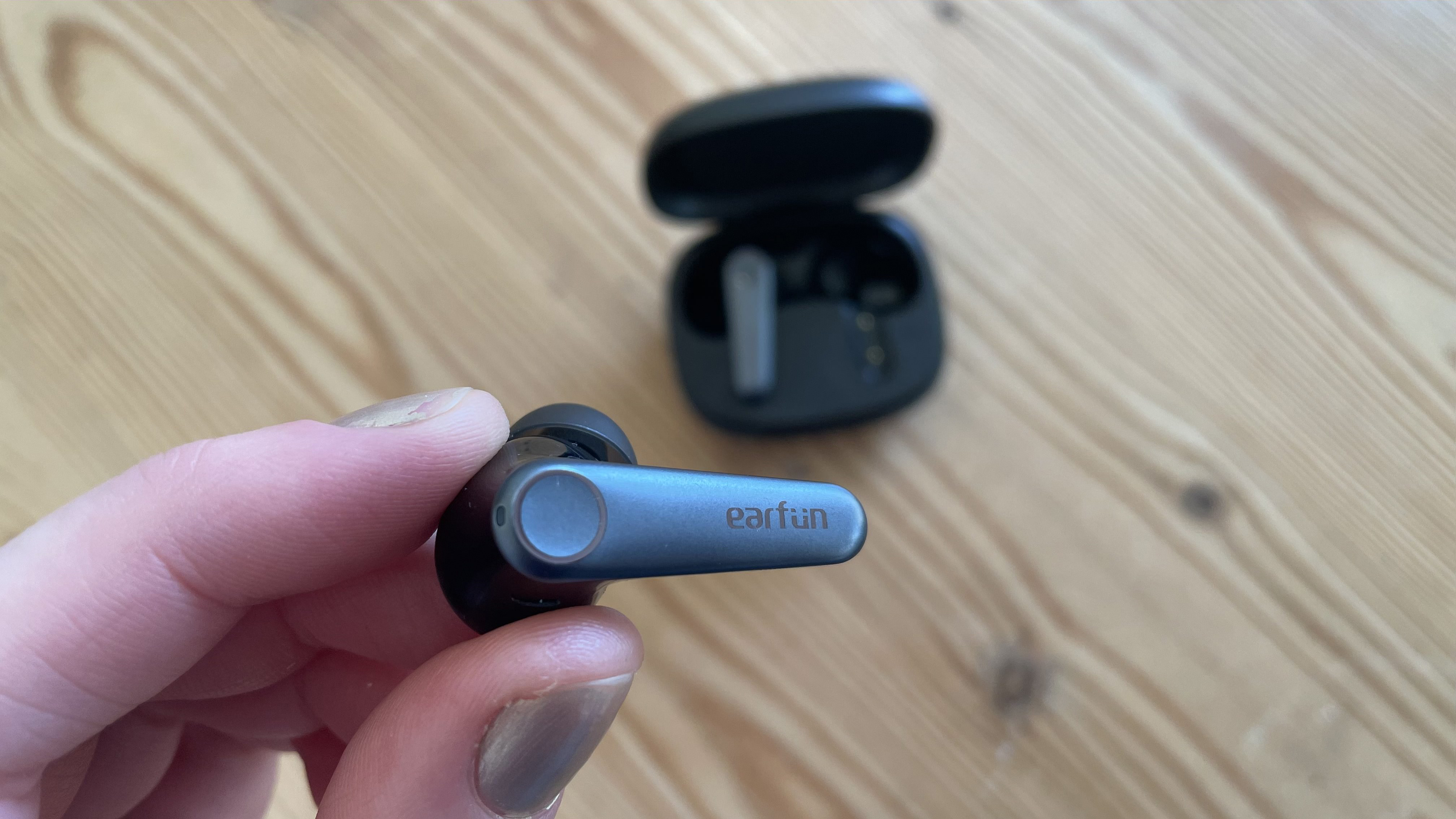
Earfun Air Pro 4 vs Air Pro 3: design & fit
Let’s start by comparing the two Earfun Air Pro cases, which will be an easy task because they’re quite similar.
Both cases have a clamshell design, so you open a lid that covers the headphones to reveal the pearls inside, and then shut it again to turn the case into a smooth little pebble. The cases are pretty bare save for a USB-C port for charging, and are light at 52g (for the Pro 3) and 56g (for the Pro 4). To be frank, except for the exact placement of the buds in the cases, they’re pretty much identical, as the pictures will show.
That’s also the case when it comes to the buds, and Earfun hasn’t exactly re-invented the wheel when it comes to the design of the earbuds – there are a few tweaks but nothing major.
Both the Air Pro 3 and Air Pro 4 use an AirPods-style stem design: there’s the tip that goes in your ear, a small body and then a stem that hangs down. Both buds have a sensor at the top of the stem that you can tap for simple controls, and it’s not a physical button so you don’t have to literally press the bud into your ear to trigger it.
With a plastic frame, the buds are pretty lightweight, weighing in at roughly 5g, and they use a comfortable eartip that keeps the buds in your ear. I never had an issue with the Air Pro 4 falling out and our Air Pro 3 tester concurred with those buds.
The similarities continue to the IP rating (both are IPX5 for limited waterproofing against splashes), color options (black and black) and eartip range (multiple are included in the box). So what’s actually different about them?
Not much at all, honestly, but the most major changes are in the actually shape and design of the Air Pro 4. Earfun has shortened the stem slightly, and made it a bit thinner. Plus the tip comes off of the body at a slightly different angle. You can see what I mean when you look at the pictures, but I don’t imagine the differences in design are going to sway you from one product to the other.
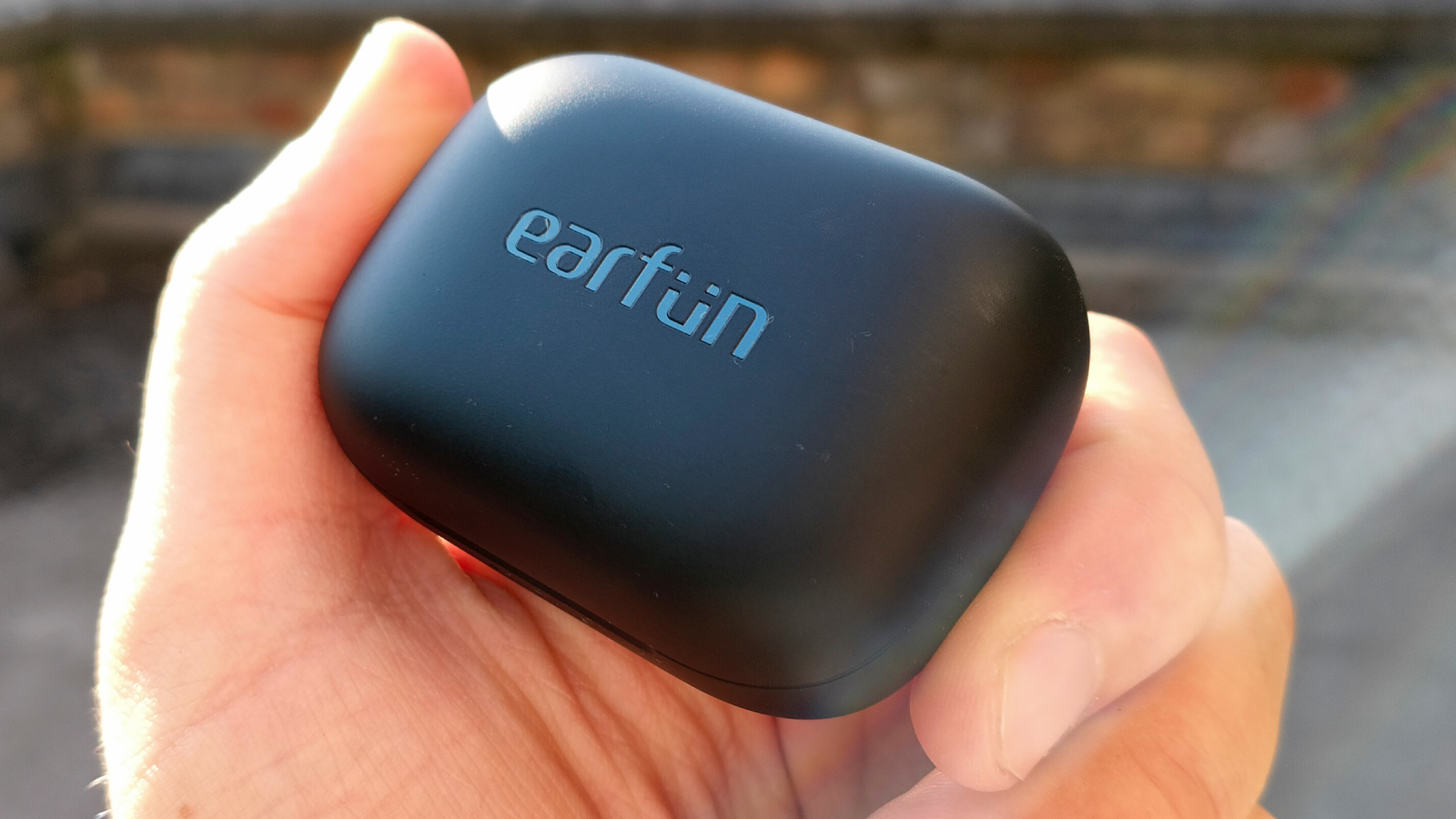
Earfun Air Pro 4 vs Air Pro 3: battery life
Looking at the battery life, this one falls to the Earfun Air Pro 4. Its official figures put the total endurance of its buds at 11 hours on a single charge, with multiple re-charges from the case giving you in total 52 hours of listening time.
That’s with ANC turned off, but if you switch it on the buds last for a still-impressive 7.5 hours (Earfun hasn’t given an estimate on the case’s lasting power with ANC on).
In comparison, with ANC off the Air Pro 3 buds last for 9 hours and the case bumps that up to 45 hours, while turned ANC on reduces those figures to 7 and 37 hours respectively. These figures are still fairly impressive compared to contemporary buds, but the Pro 4’s are more so.
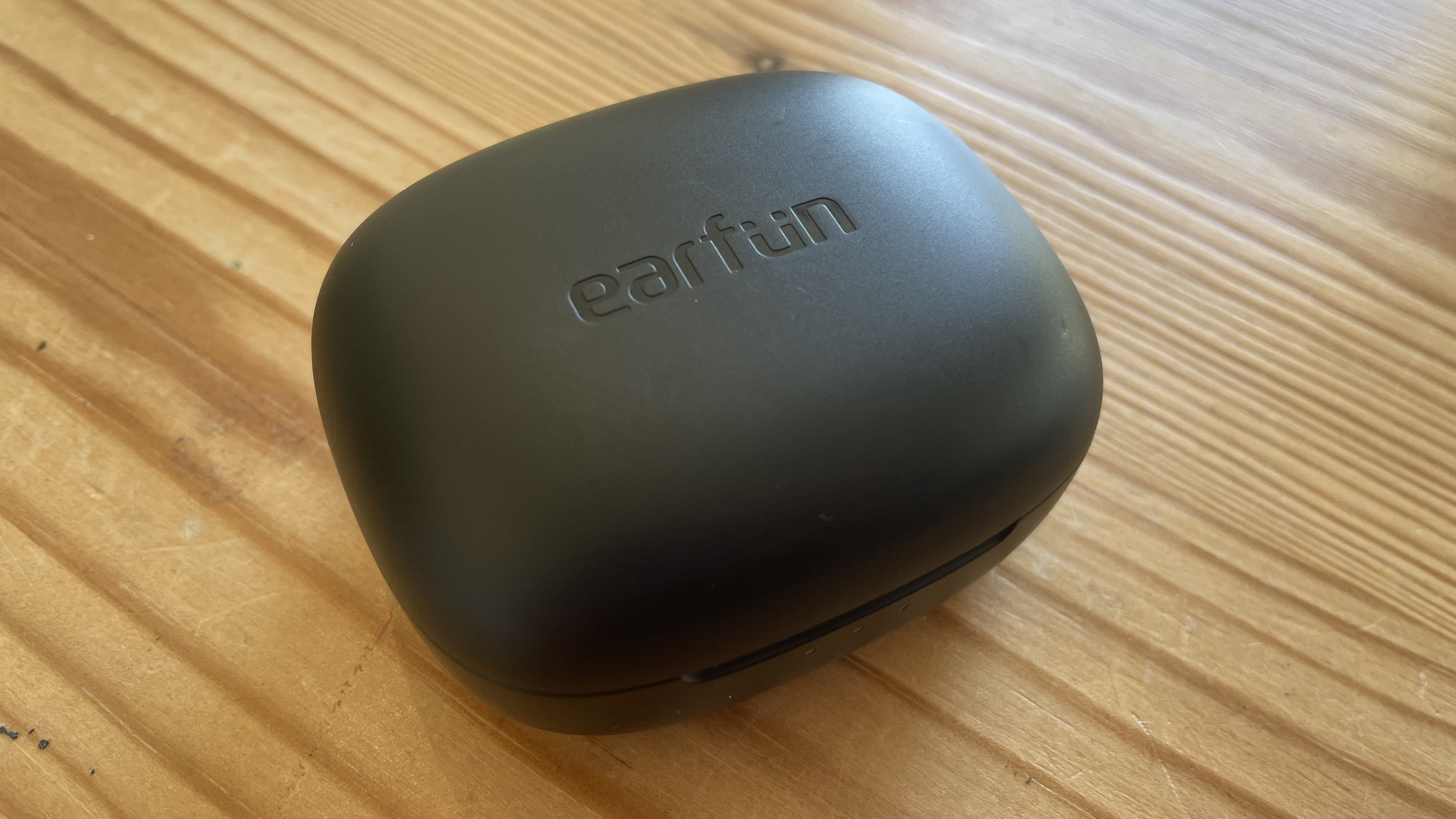
Earfun Air Pro 4 vs Air Pro 3: verdict
If we’re comparing the two earbuds at their launch price, the Earfun Air Pro 4 pips ahead of its predecessor, even if the differences aren’t that pronounced.
The Pro 4 is the cheaper of the two, plus it has better noise cancellation, an improved equalizer and better codec and Bluetooth support, some small but useful upgrades. If you find the Air Pro 3 for a lot cheaper, though, you might be able to overlook these small upgrades for the older buds.
In most areas these buds are really similar though, with their design and audio performance in particular offering very little upgrades if you opt for the newer models.
You may also like
- Prefer wired listening? See our pick of the best wired headphones
- Not sold on Samsung? See our best noise-cancelling earbuds round-up
- Want to go over-ear? See our best noise-cancelling headphones buying guide

Tom Bedford joined TechRadar in early 2019 as a staff writer, and left the team as deputy phones editor in late 2022 to work for entertainment site (and TR sister-site) What To Watch. He continues to contribute on a freelance basis for several sections including phones, audio and fitness.